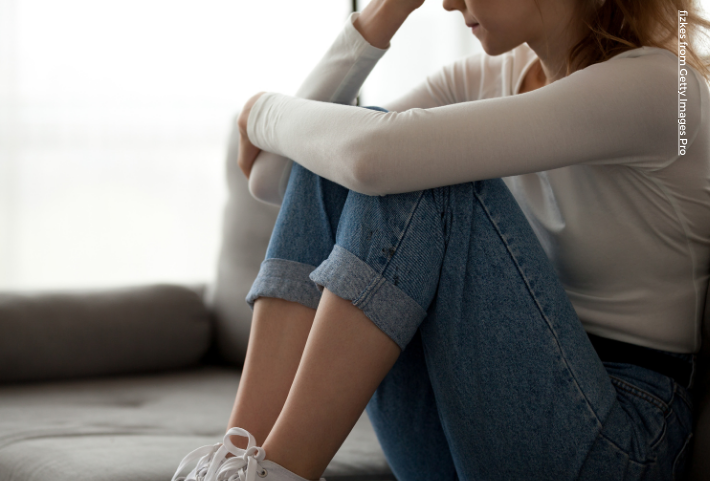“A journalist? I’d guess they earn between €3,000 and €10,000, depending on the media they work for,” estimates Amine, a young man I interviewed in Brussels. Without missing a beat, Mohamed counters, “I’d say anywhere between unpaid and €10,000!” Their group laughs, but the remark underscores a bitter reality.
Contrary to the public’s idealised image of journalists, the reality of working in media, whether on television or in print, does not always equate to fair or stable pay. In Belgium, a significant number of journalists navigate precarious financial and employment conditions. About one in four works as a freelancer, a status that offers little job security and limited social protections. This affects over 1,200 journalists, many of whom are often compelled to accept very low rates to stay afloat.

“There is a general trend toward cutting staff and costs in the media industry. In this environment, young journalists struggle to find stability. The time between graduation and securing a permanent contract is widening”, explains Elena Louazon, a researcher at the Free University of Brussels (ULB).
Adding to these challenges is the industry’s persistent portrayal of journalism as a passion-driven vocation, one that demands unwavering dedication. Audrey Vanbrabant, a journalist and representative for freelance journalists at the Association of Professional Journalists (AJP), is frustrated by this mindset. “In school and in newsrooms, we’re told we must accept everything. And if we can’t keep up, maybe we just weren’t cut out for it – we didn’t want it enough, or we weren’t strong enough.” She argues that this culture pushes journalists to tolerate unacceptable working conditions. “This mentality makes us accept low wages and poor job security. And when we speak out about it, the public doesn’t always take it seriously because they have a distorted view of our reality.”
Precarity affects all journalists, but marginalise groups bear the brunt. The study “Being a Woman and a Journalist in French-Speaking Belgium” found that women are more likely to work part-time and have less access to permanent contracts than their male colleagues.
The situation is even worse for racialised women. According to the report “The Professional Experience of Racialized Women Journalists in French-Speaking Belgium” published by the Association for Diversity and Inclusion in Media (ADIM), these journalists face greater job insecurity. They have fewer opportunities to collaborate with media outlets, and more importantly, to establish lasting partnerships that could help them advance in their careers – and ultimately gain financial and social security.
The consequences of this precariousness extend beyond individual journalists – it impacts the quality of information reaching the public. With extremely low pay, journalists must produce a high volume of content in record time, often with limited resources. But quantity rarely equates to quality.
Sarah Freres, a journalist for Imagine demain le monde and president of the AJP, began her career as a freelancer. “It’s an extremely precarious status with very low pay. The day I wrote the most articles in my career, I produced nine. No one can write nine quality articles in a day – it’s impossible. No one has time to diversify their sources properly. You just end up rewriting dispatches, repeating what you’ve heard, without any real critical thinking. It’s ridiculous. But why do we do it? Because an article pays €26.50 gross.”
For many, financial survival means juggling multiple jobs, with serious consequences for their physical and mental health. “It’s not sustainable”, says Audrey Vanbrabant. “It’s not respectful to my body, my mental health, or the good journalist I believe I am. Working six days a week – it just doesn’t make sense.”
Some journalists ultimately leave the profession altogether. “The dropout rate between graduation and the first five years of a career is very high. Not everyone has the financial means to withstand such precarious conditions in the long term. This is why journalism remains largely an upper-middle-class profession – you need financial resources to endure this instability,” explains Elena Louazon.
This precarity also hinders newsroom diversity. Many editorial teams remain overwhelmingly white, male, and university educated. The lack of diverse perspectives has a direct impact on journalism. “Journalists make choices that seem natural to them. They tend to seek out sources and experts who resemble them and share their worldview. They also hire individuals who see the world as they do. In doing so, media organisations reinforce their own perspectives, making it harder for alternative viewpoints to be heard”, notes Daniel Bonvoisin, head of the permanent education team at Média Animation.
Yet journalistic ethics emphasise the importance of pluralism. According to the High Council for Audiovisual (CSA), newsrooms must ensure “the possibility for a range of cultures reflecting the diversity of society to express themselves through the media”. This is not just a question of fairness – it’s a fundamental democratic issue, ensuring that all segments of society have access to relevant and representative information.
After years of isolation, independent journalists in Belgium are now organising. “We are coming together to defend our rights”, says Audrey Vanbrabant. “Policymakers should make press subsidies conditional on fairer and more regulated wages for freelancers. Without such measures, nothing will change – no media outlet will voluntarily raise rates out of goodwill.”
